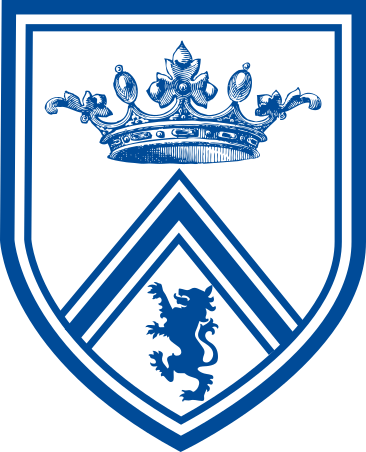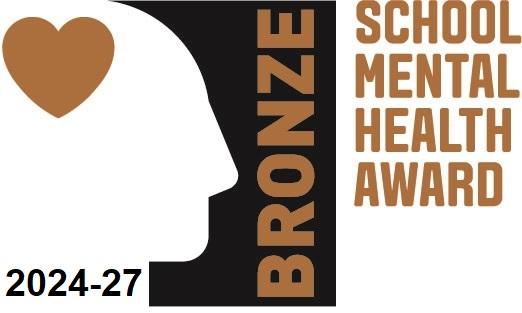MUSIC
Please click on the links below:
What is Music about?
Music is an art form and cultural activity whose medium is sound organised in time. At Kingsmead we do not want to simply reinforce the student’s already existing cultural experience; we believe music should broaden students’ experiences and this is part of what we aim to accomplish. Our mission is to enable all students a wealth of musical knowledge through listening, analysing, performing and composing.
What do we teach in Music and why?
Students learn how the core elements of music are organised in terms of rhythm and metre, melody and harmony, texture, dynamics and instrumentation. Students will make links to different musical contexts in time and across cultures, as well as engaging with emotional responses which are important in performance, composition listening and personal development.
Students will learn how to play the keyboard. They will learn topical pieces to support and deepen their understanding of the studied genres and eras. Students will have opportunities to perform solo, with their partners and as a class. These skills will develop their sense of rhythm and ability to perform with other students. Throughout their musical journey their keyboard skills will develop with more challenging pieces and musical tasks.
Students will develop their language and reasoning by developing the ability to describe and reflect on what is happening in a piece of music. Students will practice these skills, and develop their vocabulary to include music specific terminology to accurately engage and understand the intention in a variety of different musical contexts
Topics studied at KS3:
- Baroque
- Classical
- Stave & Graphic Scores
- World Music
- Blues Music
- Soul Music
- Film & Game Music
- Romantic Music
- Popular Music
Throughout their learning journey at Kingsmead, students further their music journey and can take GCSE music and A-Level Music or/and A-Level Music Technology, which gives them the experience and knowledge to access a career in music.
- Music Producer
- Session Musician, Artist
- Recording Engineer, Sound Engineer
- Artist & Tour Manager
- Music Journalist & Publicist
- Composer, Song Writer, Arranger
- Music Historian
What does the Music enable our students to do?
- An understanding and appreciation of the different elements that make up music
- Skills in improvising, developing and refining ideas and giving them musical coherence
- Technical accuracy, fluency and control and appropriate use of expression and intention in performances with a strong sense of ensemble
- Understanding of how the different elements of music work together successfully through critical listening and reflection
- Understanding that music is a reflection and often a response to the cultural, social and political environment surrounding it
How is the curriculum structured in Music?
In KS3 students will study music for one hour a week, which will be split into learning about music and performing music. Students will study a range of topics in KS3 from year 7 to year 8. In Year 9 students will study music once a week for a term.
Music in KS4 will see students study music for three hours a week whereas KS5 will see students study for music 4/5 times a week depending on class sizes.
What specifications do we follow?
GCSE: OCR J536
A-LEVEL: Edexcel 9Mu0 Music Technology: Edexcel 9MT0
What are the links between Music and other subjects?
Music has many transferrable skills and complements a multitude of other subjects. Through their music journey, Kingsmead musicians will interact with Geography through learning where music comes from in World music. They will interact with history, learning about musical eras such as ‘Baroque’ and tying them to key events learn about in history. Interacting with Art, learning about graphic scores and how images can express sound. Interacting with Maths, and how rhythm works, looking at note values and subdivisions of bars and timings. Interacting with English through writing and analysing music and creating film music critiques. Interacting with MFL through learning about musical vocabulary in different languages along with the names of traditional instruments.
It is well recognised that music can help to develop the skills, attitudes and attributes that can support learning in other national curriculum subjects. This includes listening skills, the ability to concentrate, creativity, intuitions, aesthetic sensitivity, perseverance, the ability to work in a group, self-confidence and sensitivity towards others.
What are the future careers students can take when they study Music?
A Music Producer, or Record Producer, manages the studio recording process for bands, Singers or other Musicians. Their main duties include directing recording sessions, managing recording budgets and providing clear directions and visions for Artists and Audio Engineers to follow for each project.
The Sound Designer is responsible for obtaining all sound effects, whether recorded or live for a specific production. They are also responsible for setting up the sound playback equipment and must make sure the board operator is properly trained. Sound Design is an artistic component of the production.
A session musician or professional musician, whether this be in a band, solo or orchestra. This is all about the skill of your chosen instrument or instruments and performing at private venues or large public arenas.
Music Journalism, partnered with English can be a great way into critiquing music and reviewing albums whether this be for online, newspaper or a musical magazine such as NME.
What extra-curricular activities can students take part when you study Music?
At Kingsmead there are multiple opportunities for students to join and take part in. We typically run three concerts a year, performing a musical once every two years.
The extra-curricular clubs we have on are:
- Keyboard Club
- Music Technology Club
- Orchestra
- String Group
- Choir
- Music Theory Classes
Trip Opportunities
- Wigmore Hall
- Royal Opera House
- SAE Institute
- St. James in Piccadilly
- St. Martin in the Fields








